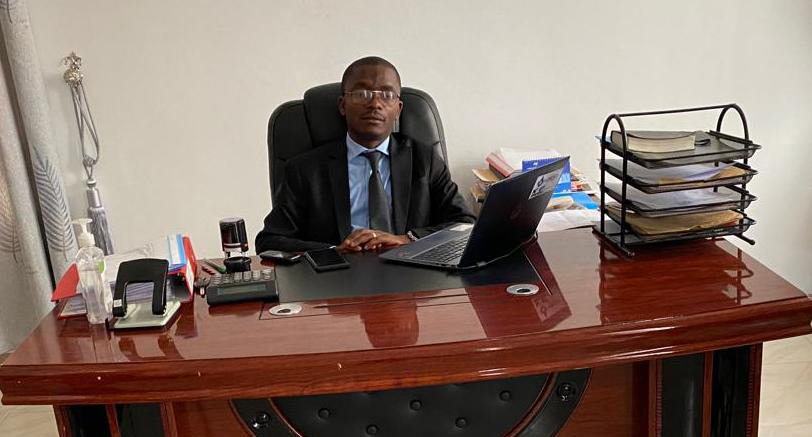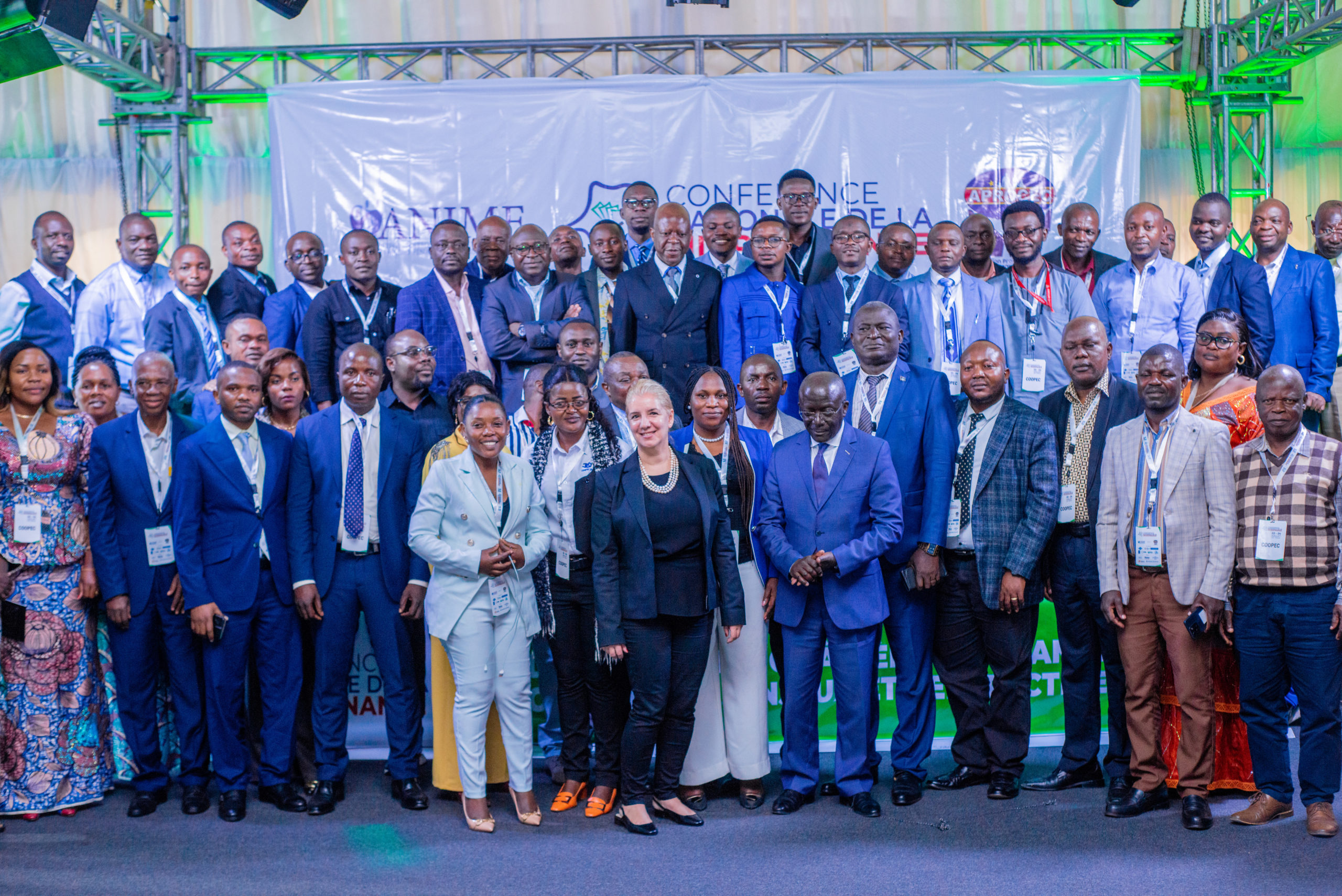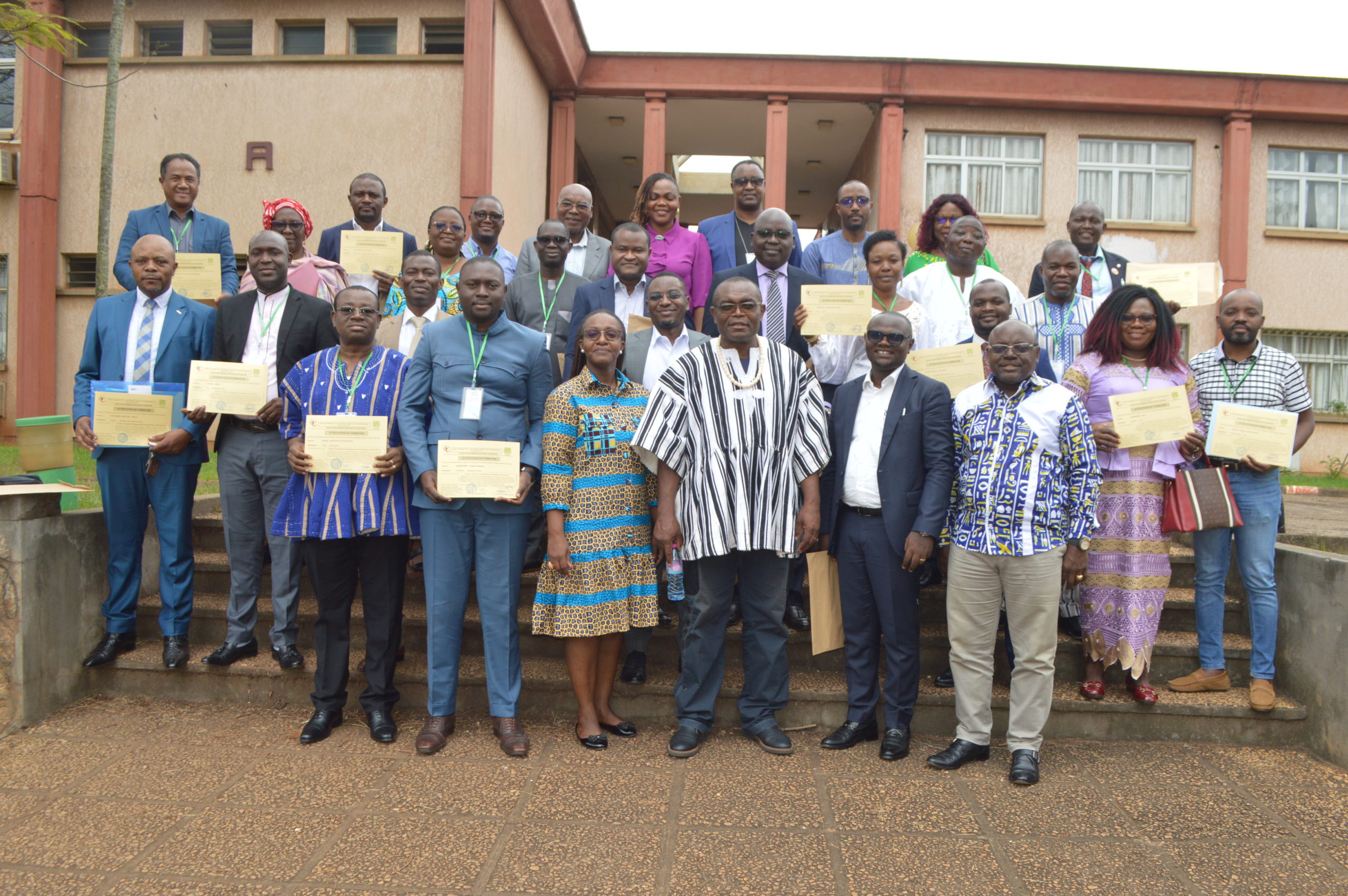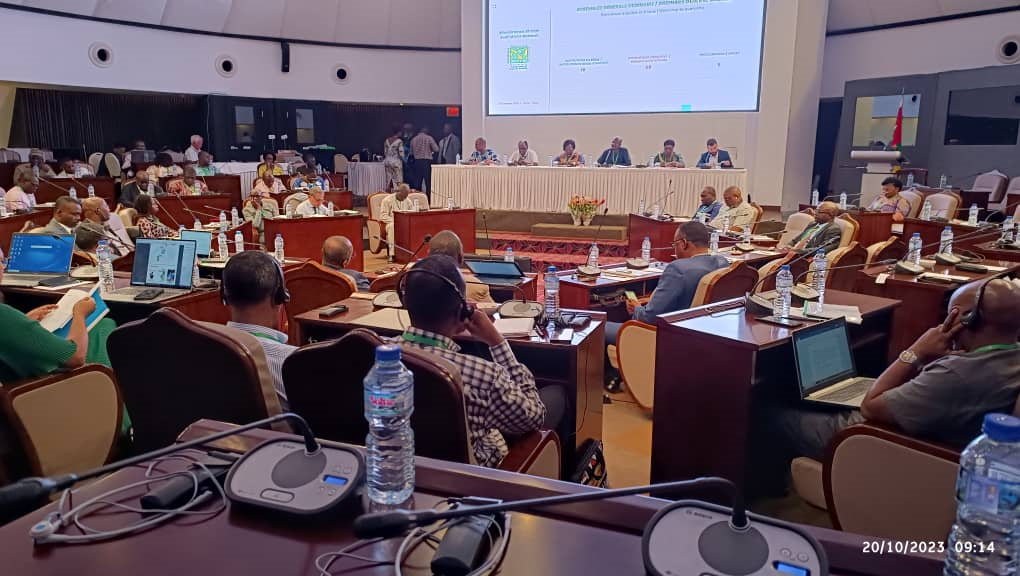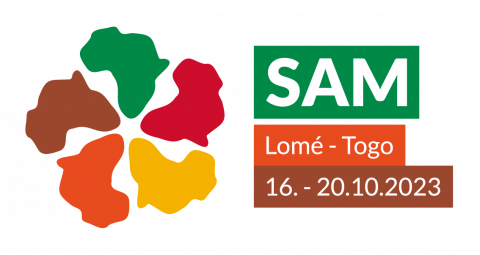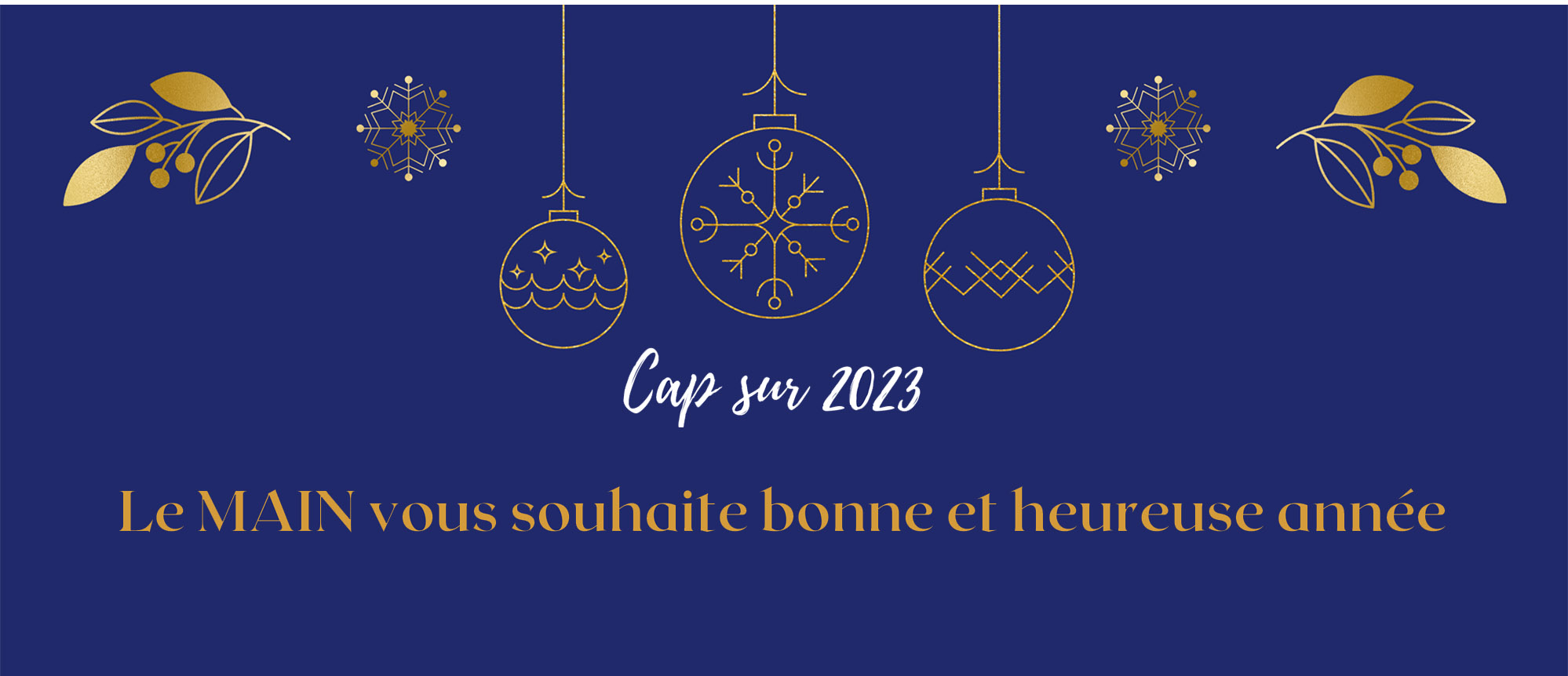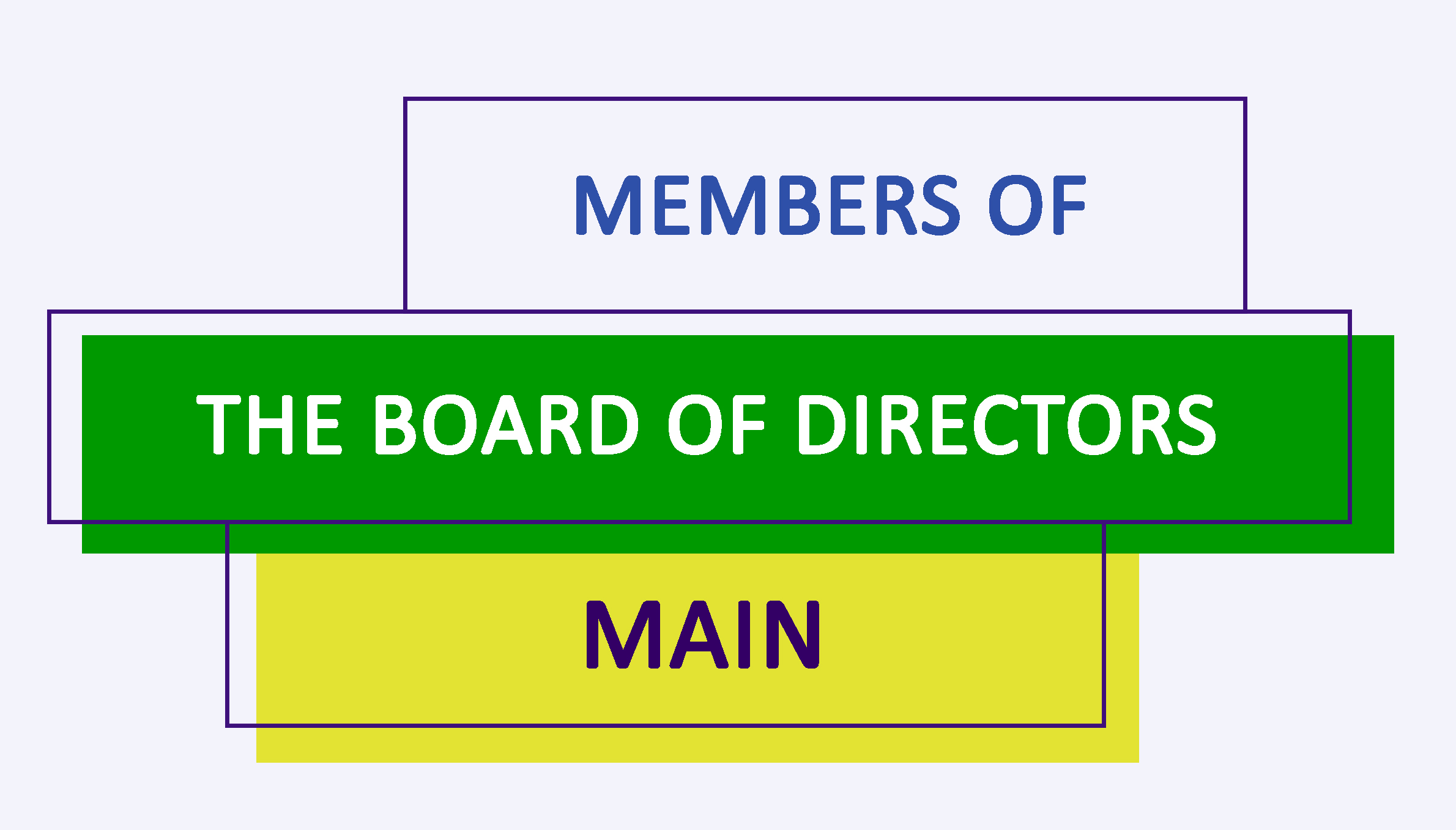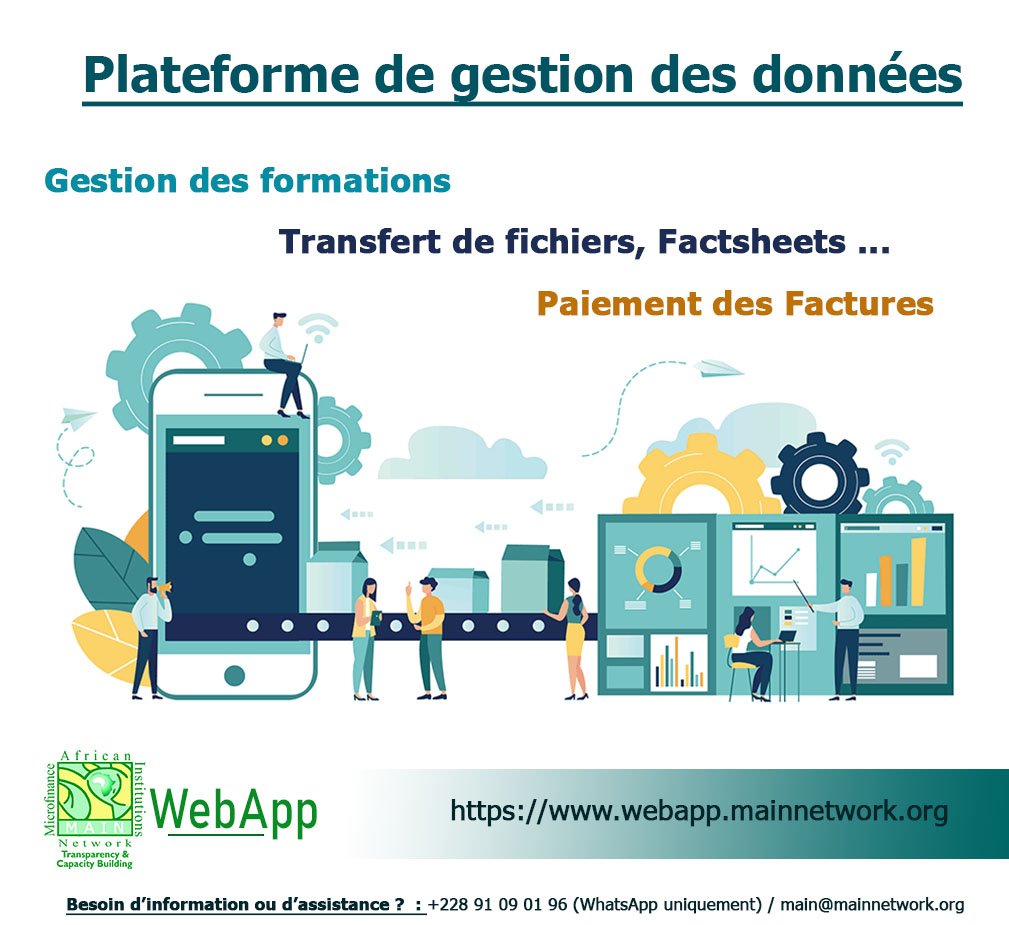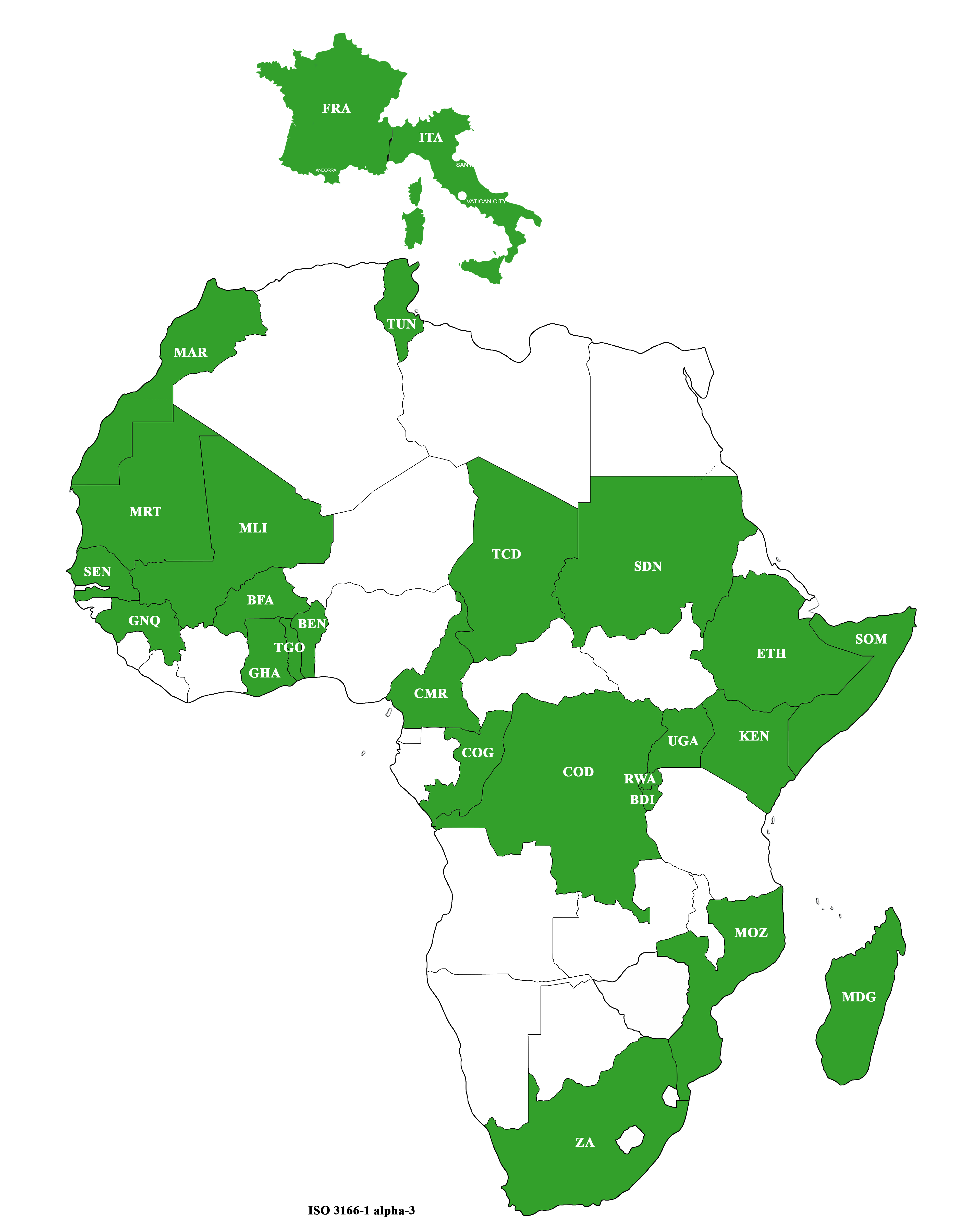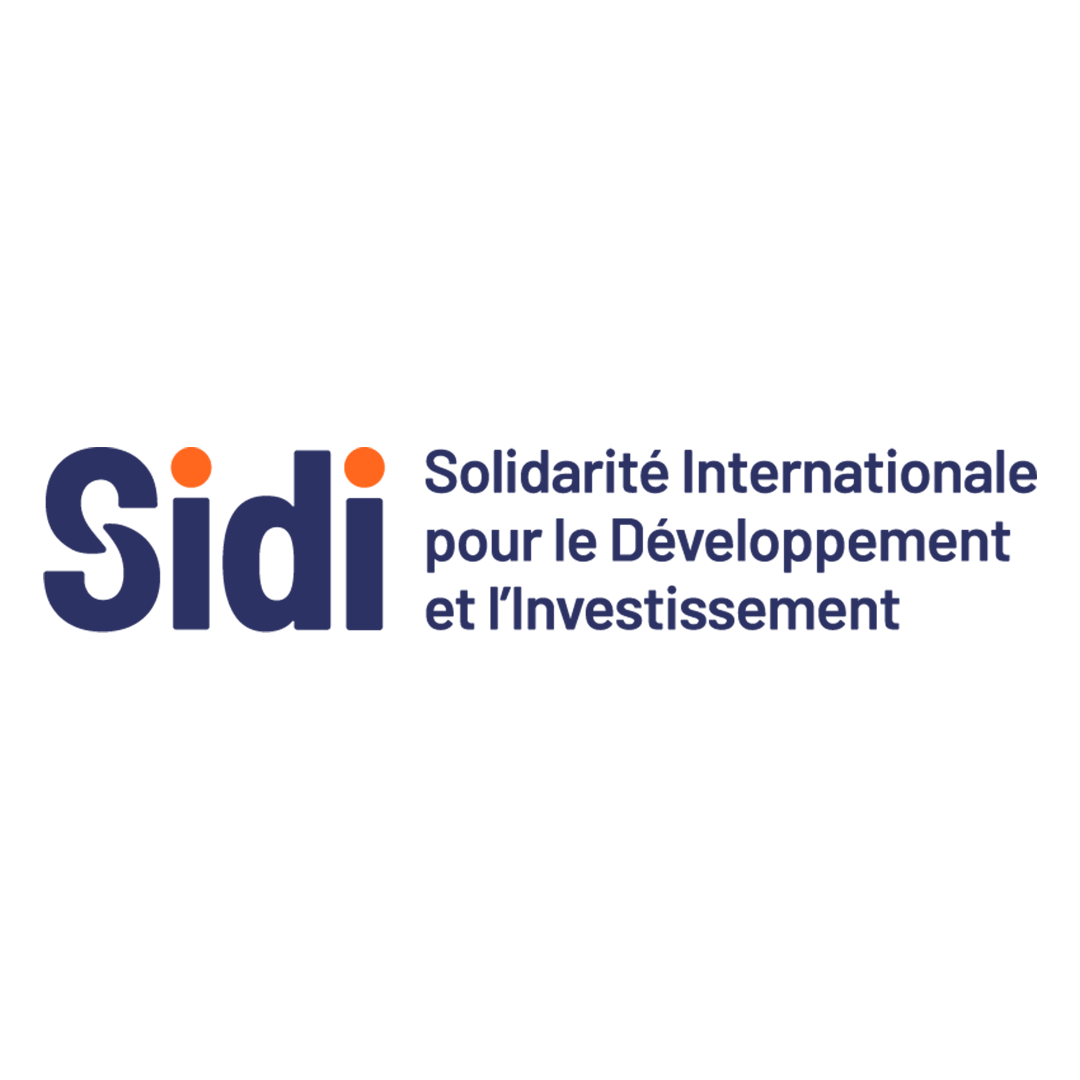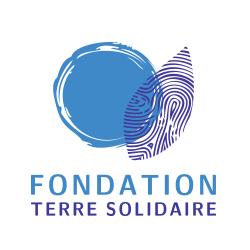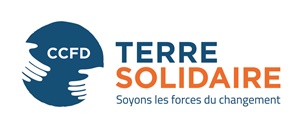ECHO FROM OUR TRAINING IN THE DRC ON HRM IN THE ERA OF ARTIFICIAL INTELLIGENCE
From September to October 2024, MAIN, in collaboration with APROCEC and ANIMF, organized a series of three-day training courses in three cities (Kinshasa, Goma & Bukavu) in the Democratic Republic of Congo (DRC) on the theme: ‘Human Resources Management in the era of artificial intelligence”. The training aimed to provide knowledge on the structuring of HRM (Human Resources Management), as a field of activity and a function in its own right in MFIs, and to identify the challenges in the era of Artificial Intelligence (AI). During the various sessions, participants were introduced to the tools, methods and technics of human resources management before and in the era of artificial intelligence relevant to HRM, good practices for managing the digital transition, and the skills needed to support their MFI teams in the face of change.
This initiative offered microfinance players in the DRC the opportunity to strengthen their skills in human resources management.
The first session took place in Kinshasa from September 25-27, 2024 and brought together 31 participants from 24 microfinance institutions.
The second session took place in Goma from October 23 to 25, 2024 and brought together 24 participants from 16 institutions.
The third session took place in Bukavu from October 28 to 30, 2024 and brought together 15 participants from 6 institutions.
Whether in Kinshasa, Goma or Bukavu, the participants had very rich discussions and left very satisfied with this training.
The diversity of the participants was a unique opportunity for intense experiences sharing between practitioners.
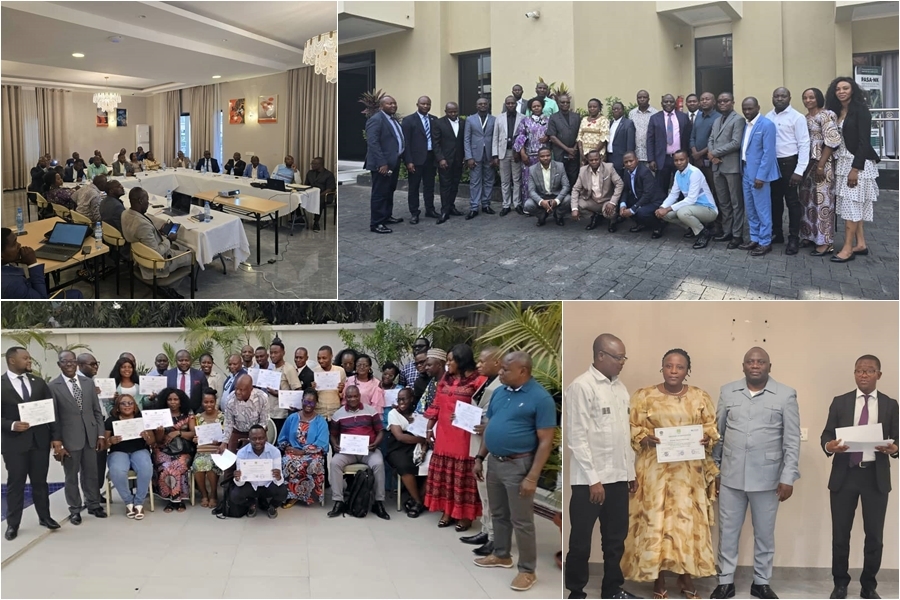
During the three days of training, different themes related to HRM were addressed. The training revolved around three main axes, namely: Understanding human resources management (Definition, Actors and Activities), leadership and change management, the issues and challenges of HRM in the era of artificial intelligence. Concrete case studies allowed participants to better understand theoretical concepts and how these concepts can be applied within their institution. From one area to another, each group brings new ideas and varied perspectives to the problem.
At the end of the training, the participants highlighted the quality of the training content, the commitment of the trainers and the relevance of the examples given during the session. MAIN is pleased to have enabled 70 professionals from the DRC to strengthen their skills in HRM.
Testimony from one participant
I am KAMBALE SIKULIVALERE Yoyo, the Administrative and Legal Officer of Coopec Bonne Moisson in Goma, one of the participants in the training on: “Human Resources Management in the era of artificial intelligence”, organized by MAIN in collaboration with APROCEC and AMNIF from October 23 to 25, 2024 in Goma.
First of all, I would like to sincerely thank the organizers of the training. The training was very interesting in the sense that good human resources management is based on the implementation of clear tools, the implementation of clear human resources management manuals. Human resources must be well planned, staff careers must be well managed, staff must be well evaluated, staff must be well motivated, interviews and employee skills assessments must be well organized, and human resources management must be well managed. At our level already for the 2025-2027 business plan, not only have we planned the revision of the existing human resources management manual, but also the implementation of a certain number of tools on human resources management especially with human resources software.
As a recommendations to the MAIN network, it will be necessary for future training that MAIN considers an approach on the monitoring of training already followed to reassure itself of the implementation of these organized trainings.
ECHO FROM A MAIN MEMBER: MUTUELLE ASJD
Launch of Talento, its new digital service
The “Mutuelle d’Appui et de Soutien aux Jeunes pour le Développement” (Mutuelle ASJD) of Togo has taken a new step in the field of digital financial services . On Friday, September 13, 2024, it officially launched ” Talento “, a mobile money solution accessible via phone, without Internet connexion needed. This new service aims to facilitate access for microfinance members to a wide range of digital banking services.
With Talento, customers can now check their balance, access their account statements, make deposits and withdrawals, repay loans, simulate new loan applications, track the progress of their current loans and pay their bills, all via Flooz and TMoney platforms.
ASJD initiative responds to a growing need for financial inclusion, particularly in rural and semi-urban areas where access to traditional banking services remains limited.
The general manager of Mutuelle ASJD noted that this project began in 2022 and that measures have been taken to guarantee the transactions’ security.
“No ASJD agent will ask you to send money to your account before benefiting from a service. This is an important measure to protect our customers from frequent scams in the mobile money sector,” he said.
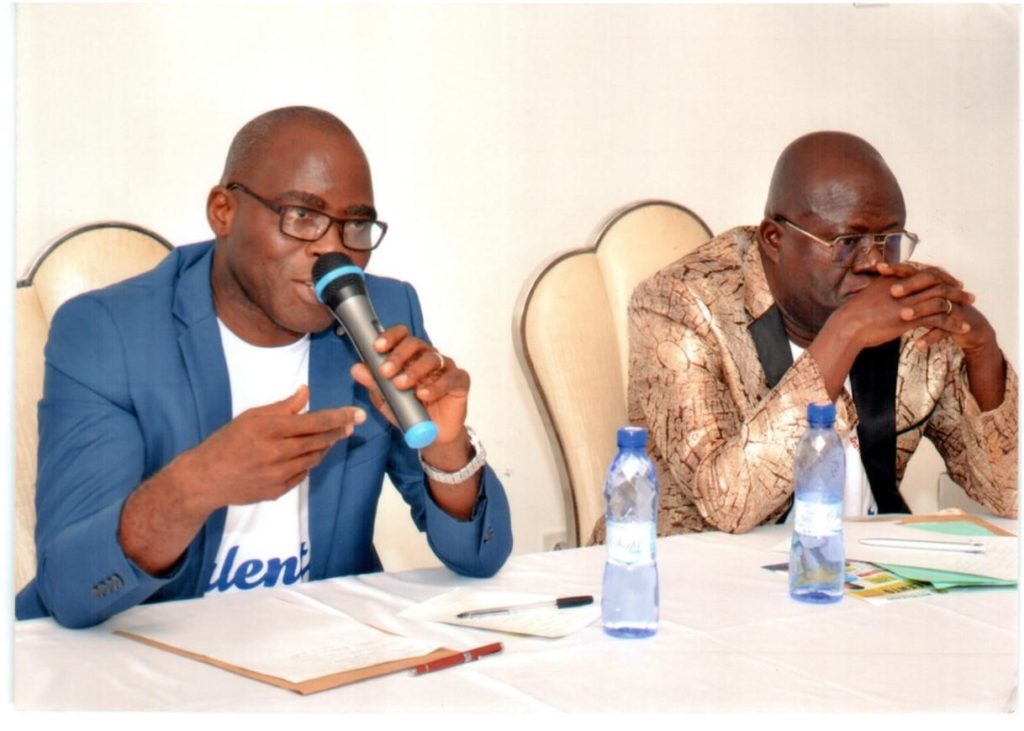
Talento service stands out for its ease of use and its many advantages. It not only reduces travel costs associated with the need to physically go to the counters, but also saves valuable time.
“With Mutuelle ASJD, your account is really in your pocket. I invite you to try this service,” encouraged the general manager, praising the accessibility of the system.
A mutual client, Mr. Songhay, testified to the benefits of this innovation: “Currently, if you are sick with poverty and suffering, go to microfinance. And the microfinance that I know best is Mutuelle ASJD.” He expressed his satisfaction with the practicality and simplicity of the service, emphasizing that Talento alleviates the often tedious procedures of traditional bank counters.
In addition to Mobile money services, Talento offers an extensive supply offer including Mobile banking, Web banking and SMS banking. This plurality of services allows the mutual to effectively support its customers in their daily financial lives, while strengthening their autonomy in managing their resources.
With this launch, Mutuelle ASJD reaffirms its desire to democratize access to financial services in Togo, while strengthening users’ confidence in digital solutions to meet their needs.
Source : Mutuelle ASJD
WHY INCLUSIVE FINANCE MUST BE CENTRAL TO THE CLIMATE RESPONSE
As we approach the high-level week of the United Nations General Assembly and the UN climate change conference COP29, the global climate agenda is being defined by intense discussions around climate finance. But largely missing from this debate is the question of who has access to this funding.
The need to channel climate finance into the hands of those most affected by climate change is well recognized. The issue is at the heart of the loss and damage talks and was central to UN Secretary-General António Guterres’s speech on World Environment Day, where he underscored how it’s “a disgrace that the most vulnerable are…struggling desperately to deal with a climate crisis they did nothing to create,” and argued that “the global financial system must be part of the climate solution.” It has also been key to COP negotiations ever since the Warsaw International Mechanism on Loss and Damage was established in 2013.
There is a clear global call for more climate finance to go to help support LMICs, for it to fund adaptation, and for it to go directly to those who need it most. Yet, the world is far from achieving this vision. Roughly $4.8 trillion has been channeled into climate action, but 75 percent of this has been invested in high-income countries and it’s estimated that less than 10 percent reaches local levels.
The answer, however, might be within our reach. In a recent paper from CGAP, we argue that inclusive finance can be the most effective way to distribute climate finance at the grassroots level and enable a just transition and truly global climate action.
Financial services are a critical enabler for any climate action that people want to take. Savings and credit products equip people to invest in cleaner technologies, adopt more sustainable practices, and build more resilient livelihoods. Remittances and government payments are crucial in helping households live through climate shocks and avoid negative coping mechanisms. Insurance solutions strengthen risk management, unlock investment in livelihoods, and help affected people rebuild their lives after a crisis.
Conversely, without access to finance, people affected by climate change cannot adequately anticipate, confront, and recover from climate shocks, nor can they adapt to increase their resilience and improve their livelihoods. It is therefore essential that this finance be accessible to all who experience climate impacts, including those in LMICs who are disproportionately vulnerable.
This opportunity was highlighted in our paper by World Bank President, Ajay Banga, and Her Majesty Queen Máxima of the Netherlands, who is the UN Secretary-General’s Special Advocate for Inclusive Finance for Development. They said that “Inclusive finance has a unique and critical role to play in ensuring that climate finance makes its way into the hands of the most vulnerable and empowers them to act… given the increasing scale and frequency of climate shocks, now is the time for united action to make inclusive finance a cornerstone of climate response.”
Inclusive finance is a mature, low-risk, high-impact channel that climate funders should take advantage of. The inclusive finance sector is already a well-established ecosystem, effectively and safely directing large volumes of financing from impact investors, intermediary funds, and development financial institutions to low-income populations through heavily regulated financial institutions. Inclusive financial services providers (FSPs) have existing relationships in low-income communities, a deep understanding of customers’ needs, and expertise on how to meet those needs with financial solutions. They also have strong internal controls to prevent misallocation or misuse of funds and are carefully supervised by banking regulators. This allows them to deploy capital efficiently and effectively where it is needed most.
Inclusive FSPs have done this at scale for decades. One example is the mobile money (MM) revolution: in 2012, there were 30 million active users of MM worldwide, while today there are 1.8 billion accounts processing $1.4 trillion a year. Most of those are held by unbanked, low-income users.
What’s more, inclusive finance providers have established a solid track record of serving low-income segments effectively and delivering positive outcomes, which has been proven by numerous evaluations. By contrast, existing climate finance for LMICs has been challenging to disburse, with large ticket sizes and years-long disbursement processes. The disbursement ratio for adaptation-related development assistance is just 59 percent, compared to 91 percent for overseas development assistance in general. The Green Climate Fund and other such funders are routinely criticized for cumbersome processes that often take five years or more before any money is disbursed.
Inclusive FSPs have a unique role to play in broadening the base of climate action to all 8 billion people living in the world today. They are the most effective way to convert large tickets of climate finance into small-ticket funding that reaches low-income households directly, with relatively light additional risk assessments and rapid turnaround time.
Inclusive finance can also help alleviate the global climate finance gap. It has a proven track record in mobilizing private capital for development action, having transformed the sector from nongovernmental organization driven and grant oriented 30 years ago to a massive commercial industry today. Global lending by inclusive FSPs is now over $180 billion a year.
It is time for inclusive finance to take its essential place in the climate agenda. As global negotiations on climate finance unfold, the question of how to reach and empower the people most affected must be front and center. Inclusive finance offers a powerful means to ensure that climate action is within reach for every person on our warming planet.
https://blogs.worldbank.org/en/voices/why-inclusive-finance-must-be-central-to-the-climate-response
